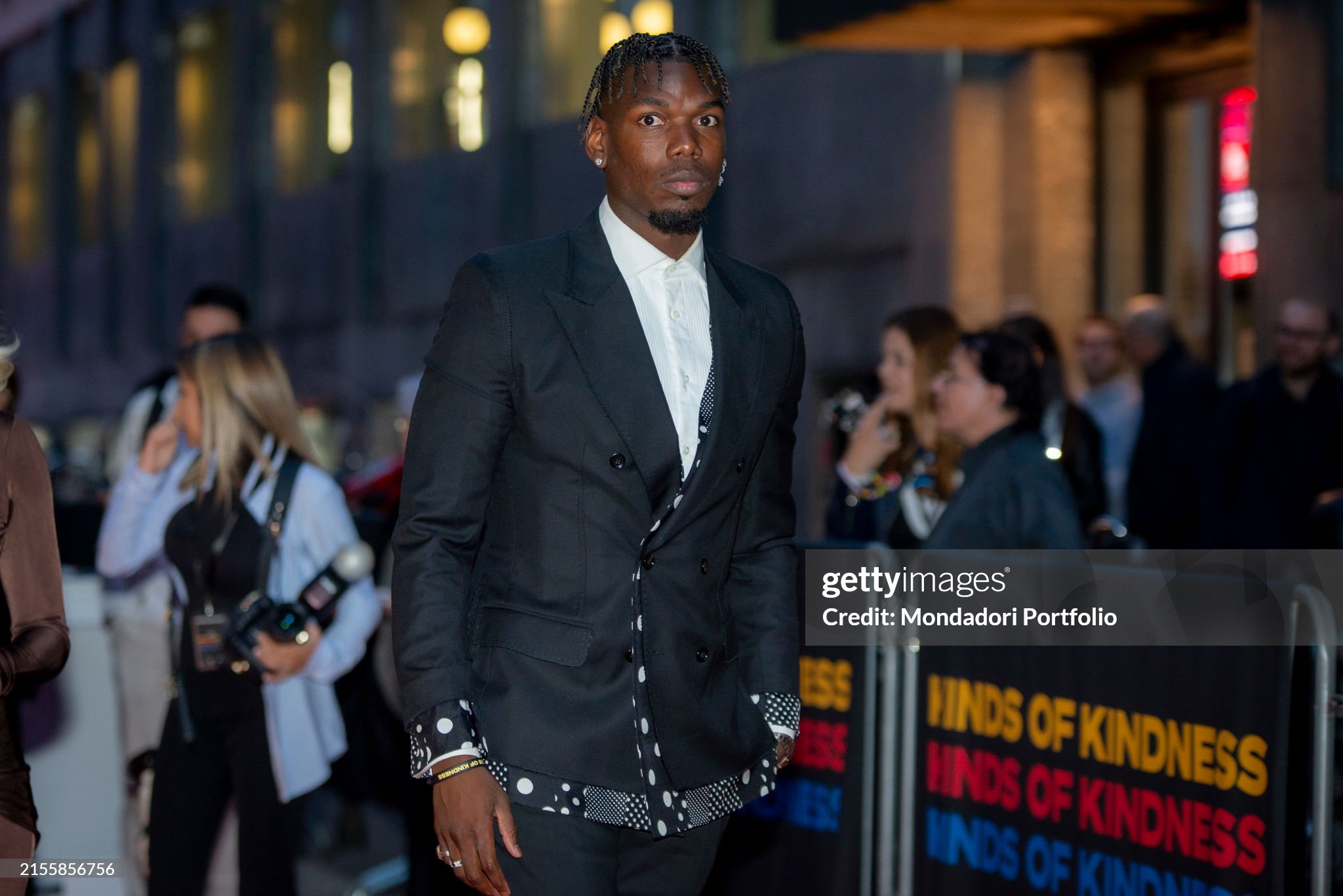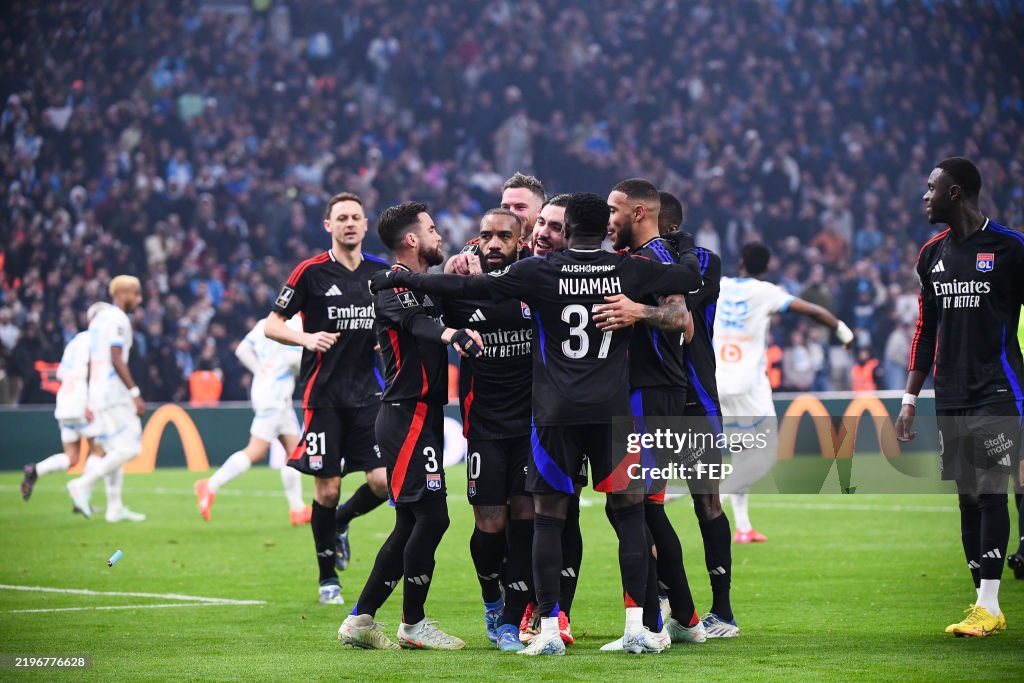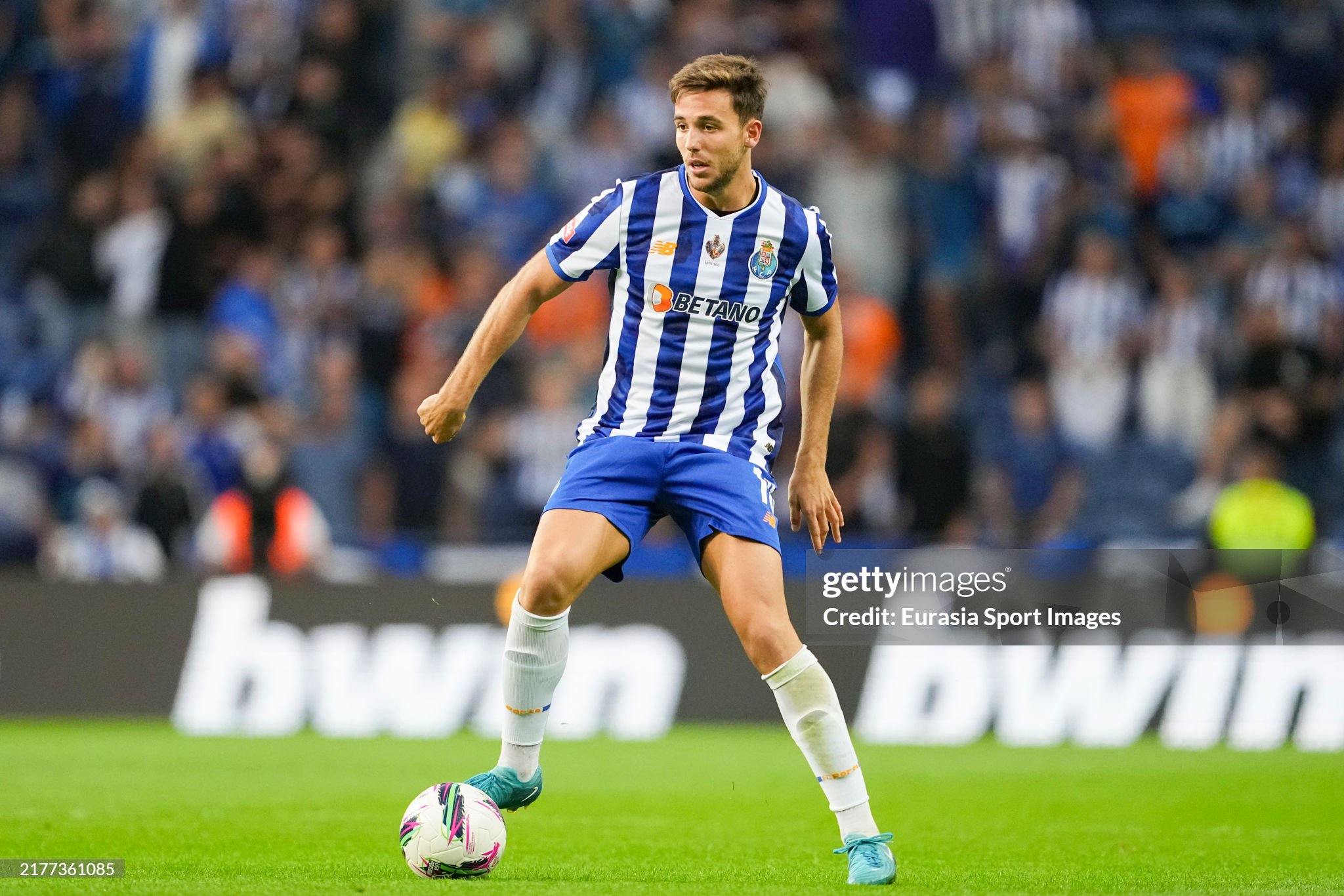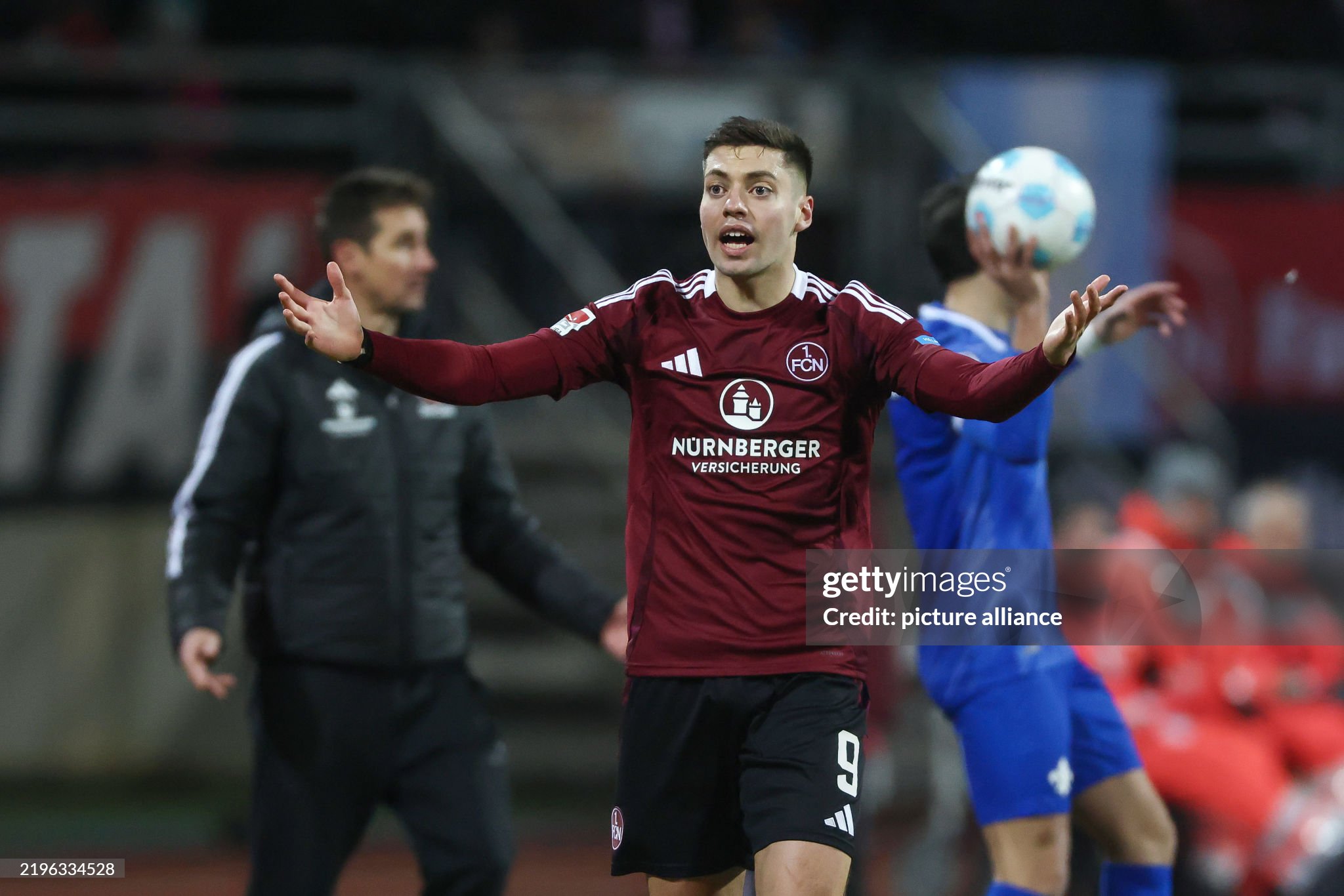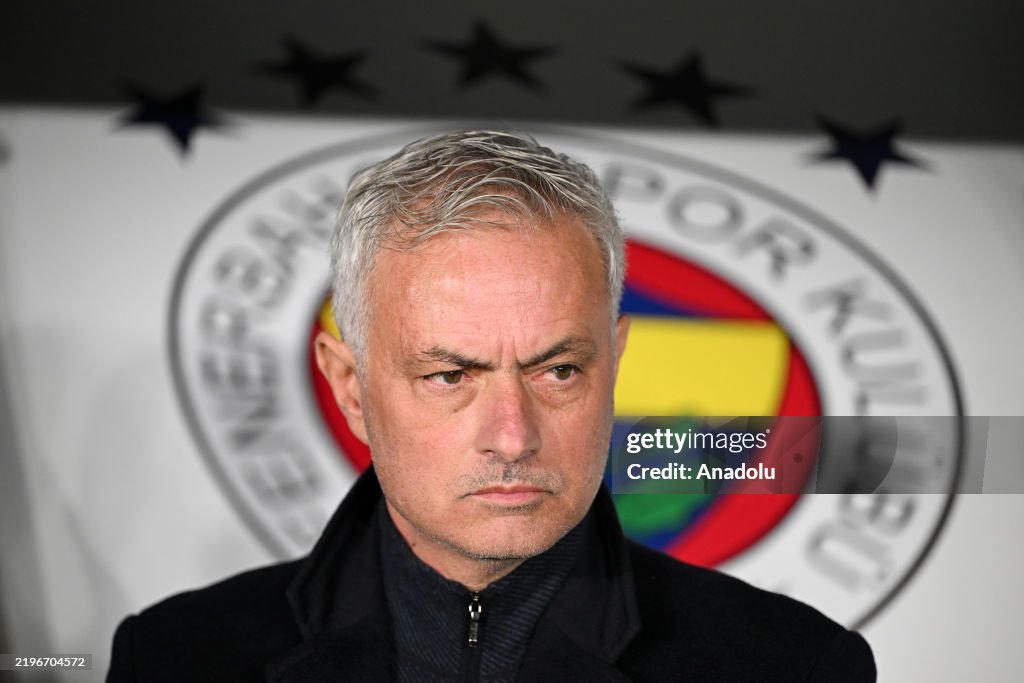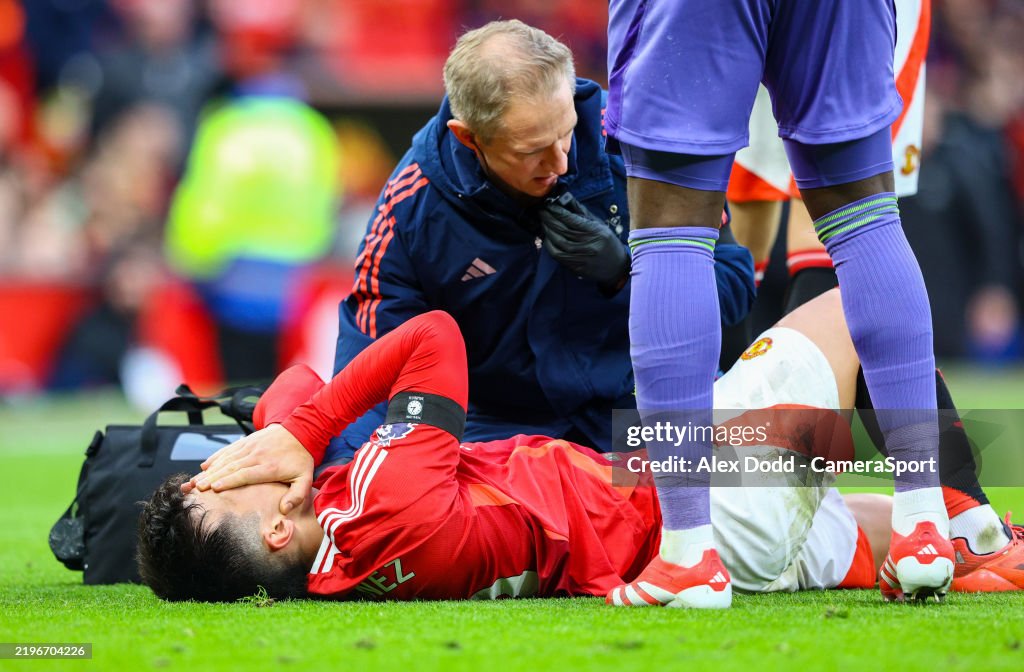Pep Guardiola defended his players after Manchester City's draw away at Crystal Palace. When asked for an explanation for the frequent loss of points, the manager of the English champions once again pointed to the significant injury problems.
 Embed from Getty Images
Embed from Getty Images
After the final whistle at Selhurst Park, Pep Guardiola made his way onto the pitch with a sense of urgency, heading directly to the referee for what appeared to be a heated exchange.
Though Guardiola remained tight-lipped about the specifics of their discussion, speculation swirled that it centered on the controversial red card shown to Rico Lewis in the 84th minute. The young defender’s dismissal, with the match still finely poised at 2-2, proved a turning point that halted Manchester City’s momentum and left Guardiola visibly frustrated. “At 2-2, I had the feeling that we were going to win,” Guardiola admitted to the English press afterward. “Unfortunately, we couldn’t finish the match with eleven men. That changed everything.” When pressed on the red card decision, he added, “I didn’t see the situation,” a typical refrain from managers keen to avoid direct criticism of officiating.
The match against Crystal Palace marked a challenging conclusion to an intense seven-day period for Manchester City, which included fixtures against two physically demanding opponents in Liverpool and Nottingham Forest. Last weekend’s 2-0 defeat at Anfield had already dented City’s momentum and morale, but Guardiola’s men responded midweek with an emphatic 3-0 victory over Nottingham Forest. However, the physical toll of three matches in such a short span was evident against a resilient Palace side, particularly given City’s growing injury crisis.
Despite the grueling schedule, Guardiola’s decision to make only two substitutions at Selhurst Park raised eyebrows. Jérémy Doku, returning from injury, came on in the 79th minute, and Jack Grealish followed in the 86th minute—too late to make any significant impact. The remainder of City’s bench, consisting largely of academy graduates, went unused. Young talents like James McAtee (22), Nico O'Reilly (19), Jahmai Simpson-Pusey (19), Josh Wilson-Esbrand (21), and Jacob Wright (19) watched on as City struggled to break down Palace’s defense in the closing stages.
Guardiola justified his limited rotation by pointing to City’s extensive injury list, which includes several key players. “We were missing seven potential starters due to injuries,” Guardiola lamented, naming Manuel Akanji, Nathan Aké, Phil Foden, Mateo Kovacic, Rodri, John Stones, and Oscar Bobb as absentees. “On top of that, you’re dealing with Palace’s physical strength. We did everything we could to win, but circumstances made it difficult. I’m proud of the players for their effort.”
He singled out midfielders Ilkay Gündogan and Bernardo Silva for praise, highlighting their tireless work rate in a tough match. “It’s incredible how Gündogan and Bernardo worked so hard for the team. They gave everything. The wingers Savinho and Matheus Nunes were also very good. Jérémy has just come back from a serious injury, and Jack had some discomfort yesterday, so we had to be careful,” Guardiola explained.
City’s 2-2 draw means they have now failed to secure a win in five of their last six Premier League matches, a concerning trend for a team accustomed to dominating opponents. The defending champions’ inability to string together consistent performances has allowed their rivals to gain ground in what is shaping up to be a fiercely competitive title race. Guardiola now faces mounting pressure to address City’s form, particularly with injuries stretching his squad to its limits.
The draw leaves Manchester City in fourth place, a position unfamiliar to a team that has set such high standards under Guardiola. City remain within striking distance of the top but cannot afford further slip-ups as the title race intensifies. Next weekend’s derby against Manchester United at the Etihad Stadium looms large. A victory would not only reassert City’s dominance over their city rivals but also provide a much-needed boost of confidence heading into the decisive phase of the season.
Before that, however, Guardiola’s men must turn their focus to the Champions League. On Wednesday, City face a challenging away fixture against Juventus, a match that will test their resolve and squad depth. European success remains a priority for Guardiola, who has often spoken of the importance of balancing domestic and continental ambitions. Yet with injuries piling up and fatigue setting in, questions are being raised about whether City can cope with the relentless demands of competing on multiple fronts.
Guardiola’s frustration with the red card for Lewis and the inability to close out the match underscores the challenges City are currently facing. Defensive lapses, combined with an attack that has at times lacked sharpness, have exposed vulnerabilities that opponents are increasingly exploiting. Moreover, the absence of key players like Rodri and Stones both integral to City’s defensive and midfield structure has made it difficult for Guardiola to implement his tactical approach effectively.
For all their struggles, Guardiola’s confidence in his players remains unwavering. “I’m proud of how the team responded despite the circumstances. We fought hard, but we’ll need to regroup and come back stronger,” he said, sending a clear message that City will not back down in the face of adversity.
As Manchester City prepares for a crucial run of fixtures, Guardiola’s ability to manage his squad’s physical and mental fatigue will be key. The return of injured players in the coming weeks could provide the spark City desperately need to rediscover their rhythm and launch a renewed push for the Premier League title. For now, however, the champions find themselves in unfamiliar territory, facing questions about their resilience and their capacity to overcome the mounting obstacles in their path.
Updated: 11:48, 8 Dec 2024
